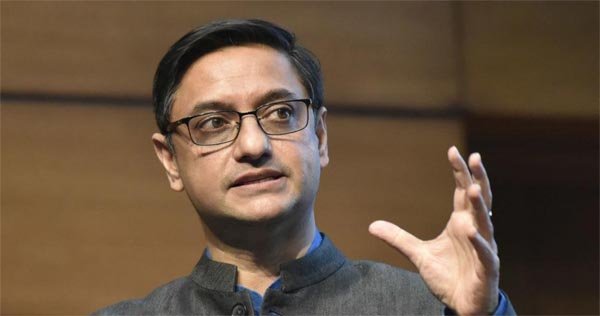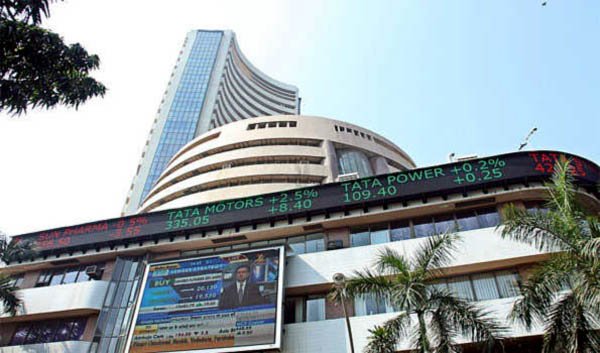New Delhi, Aug 13 (UNI) Member of the Economic Advisory Council to the Prime Minister Sanjeev Sanyal today underscored the need for greater scrutiny of claims made in advertisements, pointing to the risks of unchecked or misleading promotional content.
“The issue of claims in advertisements also needs deeper scrutiny because even if there is supposedly scientific evidence supporting them, it needs to be validated externally,” he stated amidst growing concerns over advertising practices in the food sector.
Sanyal was speaking at the national stakeholder consultation on ‘Comprehensive analysis of Regulatory Framework on Food Labelling, Advertisement and Claims’ here being held with an aim to evaluate the effectiveness of existing regulations, address implementation challenges, and explore ways to align with global standards to strengthen consumer protection.
Appreciating the regulatory clarity brought in by the Food Safety and Standards Authority of India (FSSAI), Sanyal said, “An announcement was made by FSSAI earlier this year that all label changes and related rules and regulations will now be implemented only once a year, on the 1st of July. This is actually a major step, because it removes a big problem and uncertainty for the labelling industry.”
Highlighting the seriousness of false claims in the food sector, Prabhat, Additional Secretary, Ministry of Information and Broadcasting, called for accountability and accurate communication.
“There is an increasing need to ensure advertisements are ethical, truthful, and not misleading, particularly in the context of health and nutrition claims. False claims in this sector not only undermine consumer trust but also pose serious public health risks,” he said.
At the same time, Nidhi Khare, Secretary, Department of Consumer Affairs, called upon manufacturers to make truthful and honest declarations regarding the contents of their products. She emphasised the need for the industry to voluntarily disclose accurate information and desist from misleading advertisements and manipulative practices.
Speaking on the issue of food labelling, Khare stated, “Food labelling should not merely serve as a marketing tool but must be regarded as the most vital element of trust between a manufacturer and a consumer. We seek truthful and honest declarations of whatever is contained in the food product, leaving the final choice to the consumer.”
She further underlined the collective responsibility shared by all stakeholders to ensure that such information is accurate, transparent, and truthful, thereby enabling consumers to make informed, safe, and healthy choices with full confidence.
Punya Salila Srivastava, Secretary, Health Ministry, highlighted the significance of ethical and truthful practices in the food industry.
“Things are changing rapidly today. We are now exposed to the entire world, which means we must adopt many positive changes and best practices, while also scrutinising food products more closely,” she said.
The consultation which brought together representatives from various ministries, government departments, scientific experts, state food safety authorities, industry associations, consumer organizations was also attened by G Kamala Vardhana Rao, Chief Executive Officer, FSSAI, Dr. Alka Rao, Advisor (S&S&R) FSSAI, US Dhyani, Executive Director, FSSAI, Satyen Kumar Panda, Advisor (QA), FSSAI among others.











